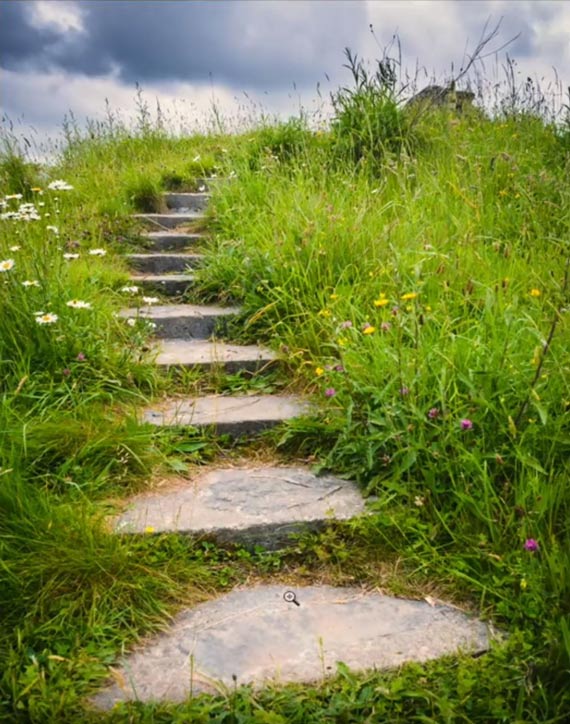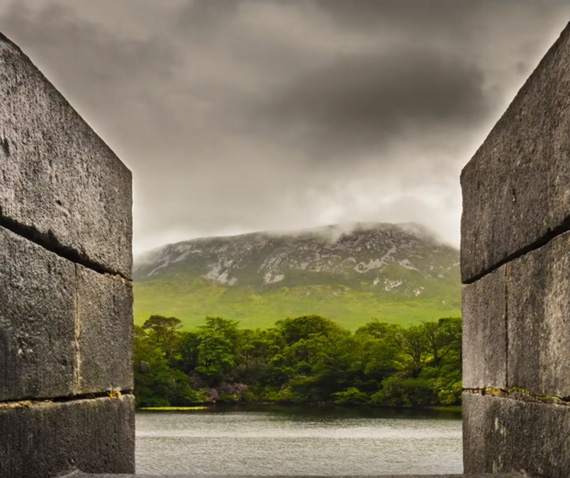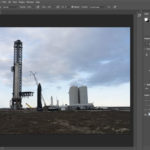Have you been looking for new ways to improve your landscape photography? Schubert Photography explains some helpful skills he utilizes for his landscape compositions. Make sure you pay attention to all ten! Although you may know some of them from previous tutorials or your own experience, there is always something new to learn from an experienced photographer:

1. Rule of Thirds
Draw your viewer’s eye into the shot by dividing your image into thirds vertically and horizontally. Your 3×3 grid can be used to showcase a detailed foreground, horizon line, and visually appealing background.
2. Foreground Interest
Place an interesting subject in your foreground! This adds complexity to your image and leads the viewer’s eyes through the picture.
3. Leading Lines
Use lines in your shot to guide your audience through your image. This could be a road, stairs leading up, geometrical patterns, or whatever you can find in nature that moves across your image toward the main subject.
4. Level Horizon
Instead of waiting to correct your horizon line in editing software, prepare yourself to get it right while shooting. Use a steady tripod or place your camera on a flat surface to keep your shot level.
5. Frame Within a Frame
Create an outline of your main subject by bordering it! This could be a hole in a wall or a rock formation that stretches around your field of vision. Get creative and see what you can come up with!
6. Patterns and Textures
If you get close to interesting objects in nature, you can find detailed patterns and textures that add substance to your landscape shot. These could be natural or man-made depending on your location. Finding the right focal point can drastically change your image and display a high sense of detail with an accompanying background.
7. Negative Space
The space that surrounds your main subject is referred to as negative space. A portrait with a backdrop has negative space surrounding the subject. Negative space can add drama, creativity, or a clean look to your image.
8. Fill the Frame
Closeup shots work well, too! Not all of your shots have to show a sweeping horizon and everything in it. Choose subjects that occupy space in your shot to show high detail and interesting material.
9. Lack of Distractions
If there are unintended spots, people, or objects in your image, you can always attempt to remove them in post-processing. By planning ahead, you can sometimes move your setup to crop them out before taking the picture. Being aware of what is in your shot will help you pinpoint what needs to be removed.
10. Point of View
When facing your subject, move around to find different angles and viewpoints so that you can add creativity to what could be a typical shot. Think about who else could be passing through that area and can pull out their phone to take a similar image. How can yours be different?
Do these tips help you? They’re helpful and easy to follow! Try them next time you venture out to take some landscape shots.
“Fill the frame with what’s most important in your shot.”
For further training: The Luminosity & Contrast Photography Guide
Like This Article?
Don't Miss The Next One!
Join over 100,000 photographers of all experience levels who receive our free photography tips and articles to stay current:









Leave a Reply